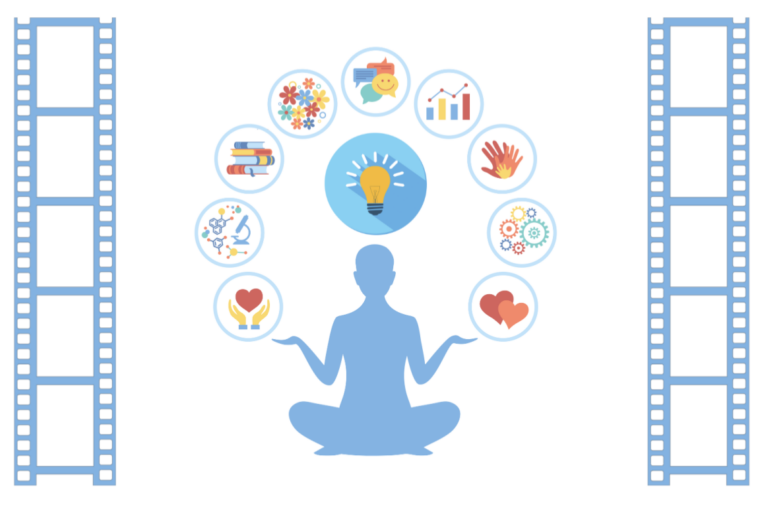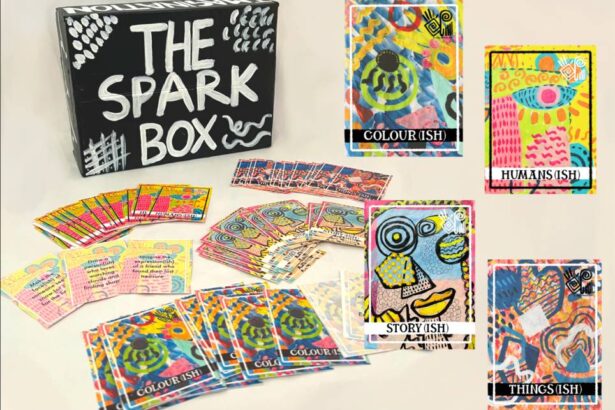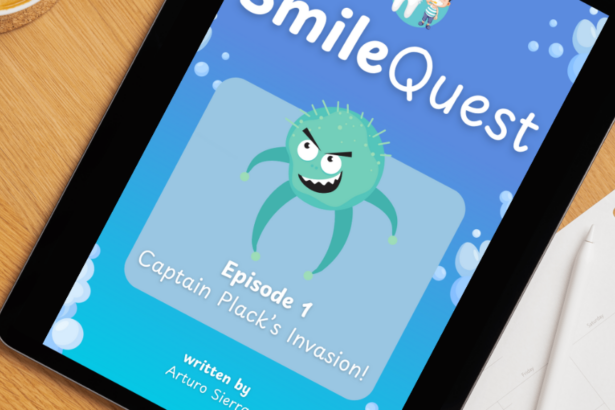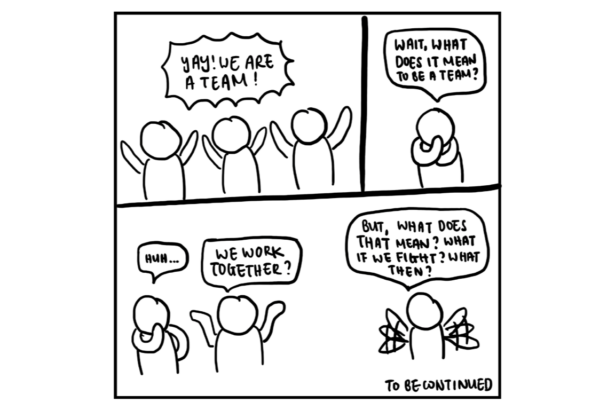Positive Pixels is an educational media initiative aimed at leveraging the power of short, engaging videos to promote diverse aspects of well-being, including emotional, physical, financial, and digital wellness. Recognizing the wide reach of media and entertainment, this project seeks to create accessible, impactful content that resonates with viewers from different backgrounds. By keeping each video concise and engaging, Positive Pixels aspires to reach a broad audience, delivering well-being messages in formats that viewers are more likely to engage with and share with others.
The project currently has two key videos in development:
1. Self-Care for Masters Students at Harvard – This video focuses on emotional well-being and interviews recent Harvard graduates, capturing their insights on self-care strategies they used during challenging times. The graduates share practical tips on coping with homesickness, managing the demands of a rigorous academic environment, using campus resources, and overcoming imposter syndrome. This video serves as a resource for current and incoming students, encouraging them to prioritize emotional well-being and reassuring them that they are not alone in their academic journey at Harvard.
2. Digital Safety for Senior Citizens in India – While in its scripting stages, this video targets senior citizens in India, aiming to promote digital and financial well-being. It addresses the rise in fraudulent calls and scams that target older individuals, educating them on common tactics used on people their age and how to protect themselves. By alerting them to these risks, this video will aim to empower senior citizens with knowledge to safely navigate the digital world, helping to preserve their financial security. This video will also be recorded in Hindi, with English subtitles to best reach its target audience.
My Learning Design Journey:
This project has been a very fulfilling experience deepening my understanding of learning design as a dynamic, evolving process. Initially, I planned to develop a platform connecting high school students with research opportunities, but as I dove into the project, I recognized that my vision needed to shift to better serve immediate needs and something that felt achievable within the course of one semester. I pivoted to creating Positive Pixels, a platform for edutainment content that promotes well-being, which taught me a lot about adaptability in learning design. Thus, navigating difficult choices was part of this process, especially when it came to balancing my vision with practical constraints.
One major takeaway for me from this process was that learning design is iterative and creative. Each step involved careful reflection, where feedback from both peers and the teaching team played a crucial role. For instance, after initial testing, it became clear that students wanted to hear the perspective of recent graduates, they cared about short, engaging clips and wanted the tonality to remain motivational. Keeping this in mind, I adjusted the approach to make the videos not only informative but also more relatable, using affirmations in the video that are likely to resonate with viewers. This shift reminded me of the importance of remaining flexible and keeping the learner’s experience at the center.
Someone beginning a similar journey as me might learn the value of remaining open to new directions from this project. Learning design often means letting go of initial ideas if they don’t serve the evolving needs of the audience. I have learned that this is a field that requires you to question assumptions and refine concepts constantly. Reflecting on my work with Positive Pixels, I realized that creating meaningful learning experiences is about balancing creativity with flexibility and being open to change—qualities that will undoubtedly shape my approach to future projects. My love for combining media with education to promote well-being has grown with this project and I am grateful for this opportunity!



